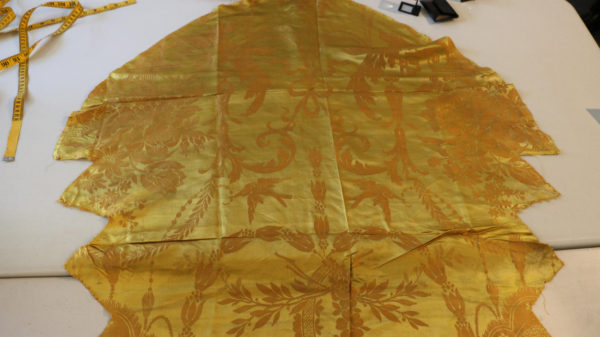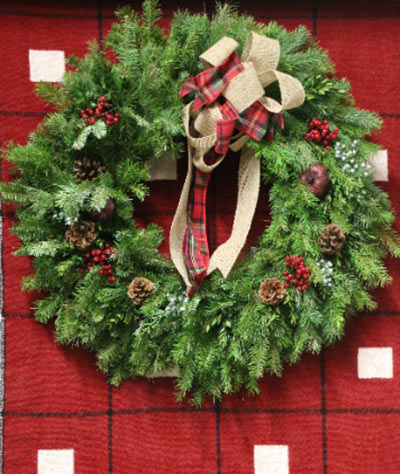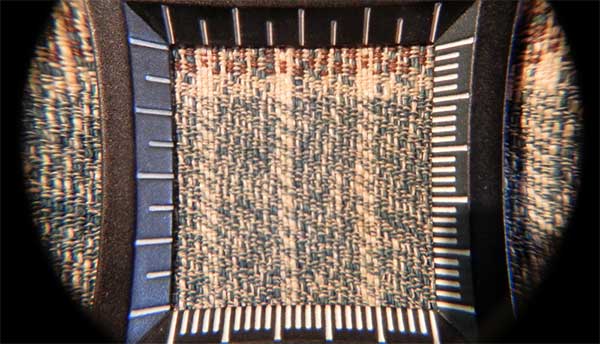Saturday and Sunday February 18-19, 2023
at Thistle Hill Weavers
143 Baxter Rd Cherry Valley NY 13320
This is a basic drafting course for hand weavers. Learn to recognize, develop and design your own work in several different weave structures.
The goal of the class is to teach the fundamentals of weave structure including spot, block structures, complex twills, crepe weave and satins.
When we understand weave structures, we can design fabric that is both beautiful and functional. This is an opportunity to explore how different weave structures affect drape, durability and surface texture.
Explanations of weavers’ drafts, both modern and historic, will serve as teaching tools for understanding how to draft patterns. Students will then design in several different structures and then have the opportunity to develop their own patterns to use in their own weaving.
The class will be taught by Rabbit Goody at Thistle Hill Weavers and is intended for weavers of any level who wish to understand more about weave structures.
The class starts with basic skills of reading weavers’ drafts and translating patterns into several weave structures. Students will then design a project for their own looms using different structures.
This is a theory class rather than a weaving class but looms will be set up with a few different structures to demonstrate different aspects of structure.
Cost for the weekend is $175.00
Lunch and materials are included
Saturday and Sunday February 18-19, 2023
9:30am – 4:30pm both days.
For more information or to register, please contact us.







